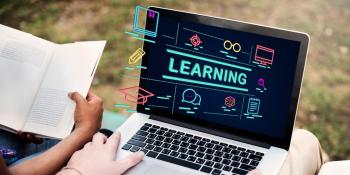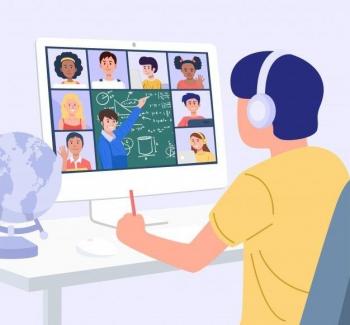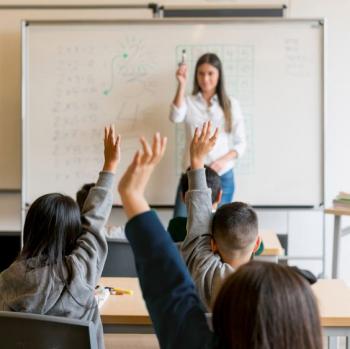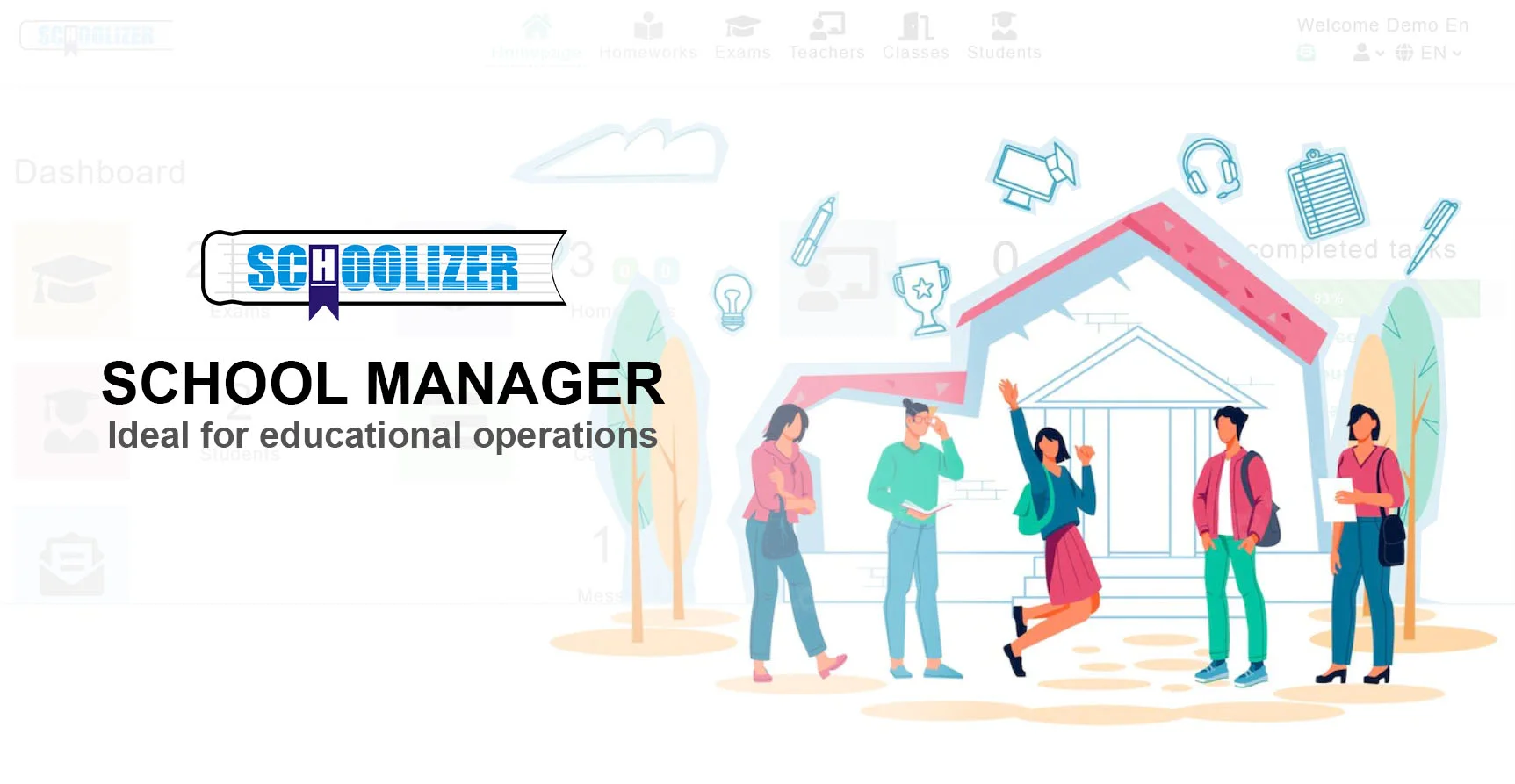Why Education Isn't Just About Thinking: The Hidden Layers of Learning

Why Education Isn't Just About Thinking: The Hidden Layers of Learning
What if we've been misunderstanding the true purpose of education? Why do schools emphasize memorization when the world celebrates critical thinking? How can we bridge the gap between theoretical knowledge and practical wisdom? These questions lie at the heart of modern pedagogical debates, challenging traditional approaches to teaching and learning.
The Myth of "Thinking-Centered" Education
For decades, educators have championed critical thinking as the ultimate goal of schooling. However, this perspective overlooks a fundamental truth: thinking doesn't occur in a vacuum. The article from TeachThought reveals that education involves complex cognitive processes beyond just analytical reasoning. Real learning emerges from the interplay of knowledge, experience, and reflection.
Consider medical training as an example. Doctors don't simply "think" their way through surgeries—they combine years of anatomical knowledge, procedural practice, and situational awareness. This demonstrates how expertise requires more than just thinking skills; it demands embodied cognition and pattern recognition developed through repeated exposure.
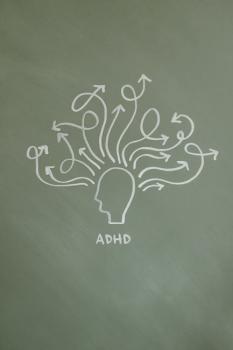
The Role of Memorization in Deep Learning
Contrary to popular belief, memorization forms the foundation for higher-order thinking. The brain relies on stored information to make connections and solve problems efficiently. When students memorize multiplication tables or historical dates, they're not just rote learning—they're building cognitive frameworks for future complex reasoning.
A practical example appears in language acquisition. Before composing eloquent essays, students must first internalize vocabulary and grammar rules. Similarly, chess masters don't "think harder" than novices—they recognize patterns from thousands of memorized positions. This illustrates how automatic recall enables advanced performance.
Beyond Cognition: The Emotional Dimension
Motivation as the Learning Engine
Effective education addresses the whole person, not just the thinking mind. Emotional engagement determines whether students persist through challenges. Neuroscience confirms that dopamine-driven reward systems influence learning retention more than purely cognitive factors.
Project-based learning demonstrates this principle beautifully. When students care about creating authentic products—whether apps, documentaries, or community projects—they willingly tackle complex problems that would frustrate them in abstract exercises. The emotional investment transforms their learning experience.
The Social Context of Learning
Collaborative environments often yield deeper understanding than solitary thinking. Classrooms that incorporate peer feedback, group problem-solving, and mentorship leverage our innate social learning tendencies—a trait honed through human evolution.

Practical Applications for Educators
How can teachers implement these insights? Consider these evidence-based strategies:
- Spaced repetition systems to strengthen memory retention
- Emotionally resonant storytelling to enhance content recall
- Deliberate practice frameworks that alternate between memorization and application
- Authentic assessment methods that mirror real-world challenges
Finland's education system exemplifies this balanced approach. Their curriculum combines factual knowledge with creative projects, producing students who excel in both PISA tests and innovation indexes.
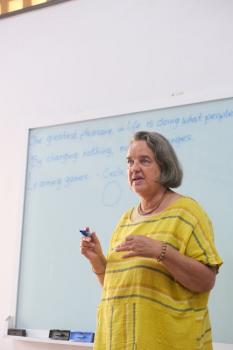
Rethinking Educational Success Metrics
Standardized tests often measure isolated thinking skills while neglecting other crucial learning dimensions. More holistic evaluation might include:
- Knowledge application in novel situations
- Persistence through difficult tasks
- Collaborative problem-solving abilities
- Capacity for self-directed learning
Apprenticeship models in vocational education demonstrate the value of comprehensive assessment. Electricians aren't judged solely on textbook knowledge but on their ability to troubleshoot real electrical systems safely and efficiently.
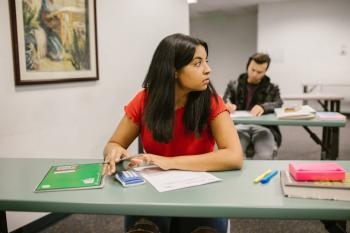
The Future of Whole-Person Education
Emerging educational paradigms recognize that thinking represents just one facet of human potential. Schools pioneering this approach integrate:
- Mindfulness practices to enhance focus and emotional regulation
- Embodied learning through movement and hands-on activities
- Community engagement projects that connect learning to social impact
Singapore's recent curriculum reforms illustrate this shift, moving from "teach less, learn more" to "learn for life," emphasizing lifelong learning dispositions beyond academic thinking skills.

